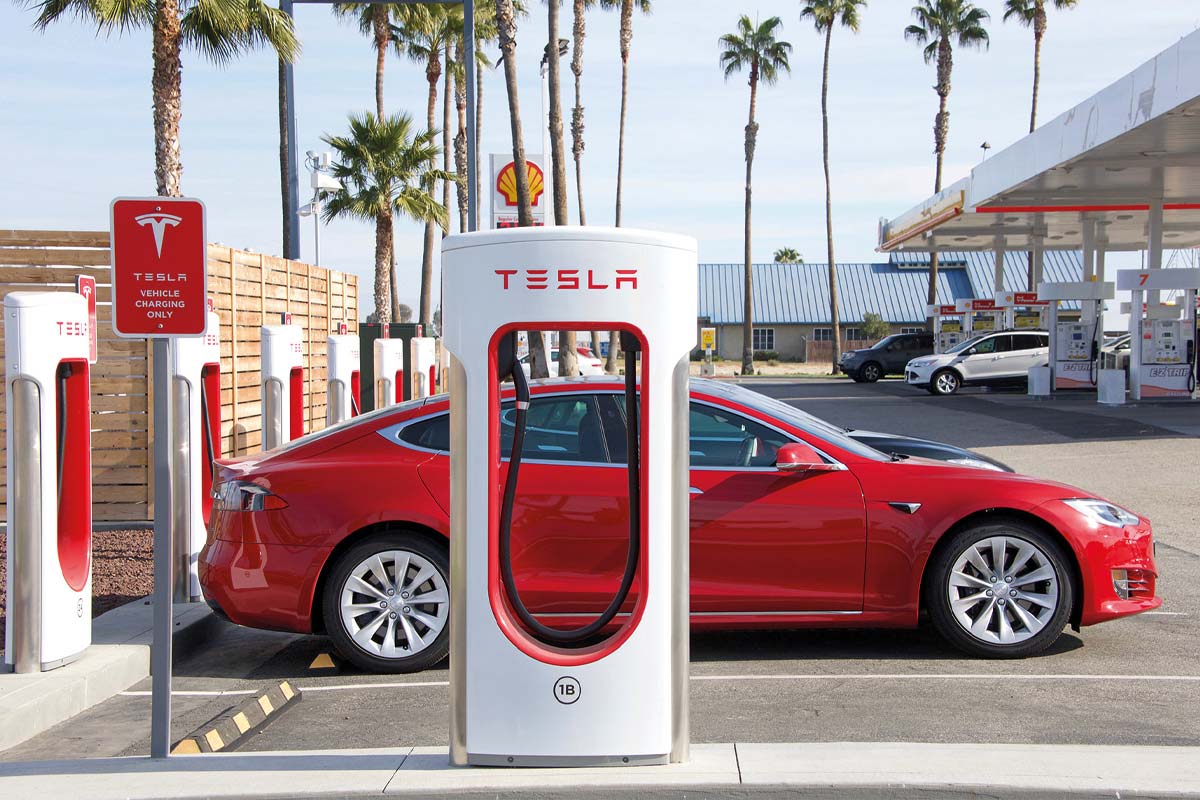Hybrid and battery technology vehicles bucked the trend in 2021

MORE battery electric vehicles were registered in 2021 than 2016-2020 combined – in a year that saw alternate fuels markedly grow their share of the new car market.
A total of 1.65 million new cars were registered in 2021, up 1% on 2020 but still 28.7% below pre-pandemic levels.
Last year was the most successful year in history for electric vehicle uptake, with 190,727 new battery electric vehicles (BEV) purchased in the UK, along with 114,554 plug-in hybrids (PHEV) – meaning 18.5% of all new cars registered in 2021 can be plugged in.
A further 147,246 hybrid electric vehicles (HEV) were registered in 2021, which took a further 8.9%. More than a quarter (27.5%) of total new car sales in 2021 were electrified vehicles in some form.
The sales figures of electric and hybrid vehicles reflect a sea change in the choice on offer to consumers.
Following billions of pounds of investment from manufacturers, more than 40% of models on the market are now available as plug-ins.
In international terms, the UK finished 2021 as the third largest European market for new car registrations, but the second largest by volume for plug-in vehicles and also second largest for BEVs.
Despite this progress, the UK is still only ninth on the league table of European nations in terms of BEV market share. This is despite having one of the most ambitious adoption targets, with the end of sale of new petrol and diesel cars in the UK scheduled for 2030.
The Society of Motor Manufacturers and Traders (SMMT) has warned that recent UK Government announcements, including cuts to both purchase incentives and grants for home chargers, put the government’s targets at risk.
SMMT chief executive Mike Hawes commented: “It’s been another desperately disappointing year for the car industry as Covid continues to cast a pall over any recovery.
“Manufacturers continue to battle myriad challenges, with tougher trading arrangements, accelerating technology shifts and, above all, the global semiconductor shortage which is decimating supply.
“Despite the challenges, the undeniable bright spot is the growth in electric car uptake. A record-breaking year for the cleanest, greenest vehicles is testament to the investment made by the industry over the past decade and the inherent attractiveness of the technology.
“The models are there, with two of every five new car models now able to be plugged in, drivers have the widest choice ever and industry is working hard to overcome Covid-related supply constraints.”
Hawes added that the biggest obstacle to achieving sustainability goals is no longer product availability, but cost and charging infrastructure.
He said: “Recent cuts to incentives and home charging grants should be reversed and we need to boost the roll out of public on-street charging with mandated targets, providing every driver, wherever they live, with the assurance they can charge wherever they want and when they want,” he said.






















